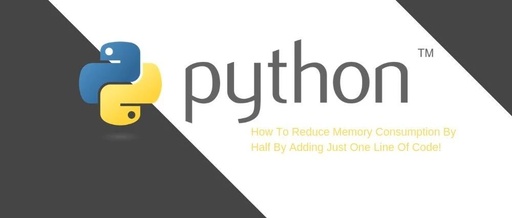Pycopy: A Lightweight Python Solution for Embedded Systems
▼ Click the card below to follow me ▲ Click the card above to follow me In the rapidly evolving world of the Internet of Things and embedded systems, we are eager to find a lightweight and efficient programming solution. Pycopy has emerged as a tailored branch of MicroPython designed for resource-constrained devices, akin to … Read more


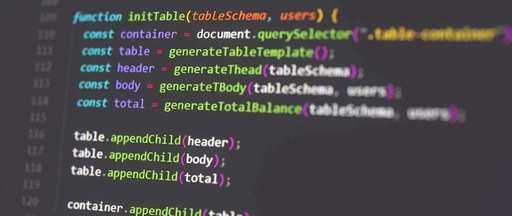
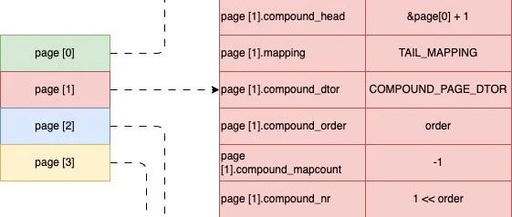
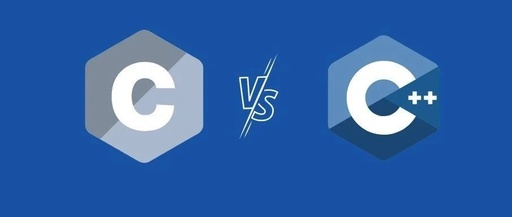

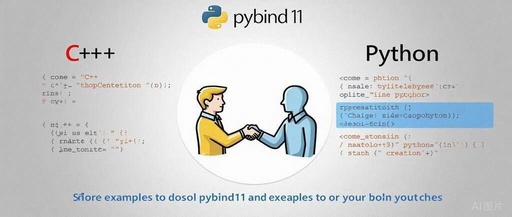
![C++ Programmer's Pitfall: Mismatched new[] and delete[] Leads to Memory Leaks!](https://boardor.com/wp-content/uploads/2025/09/81d846a4-2718-42b7-80b3-f50b84768a6d.jpg)

